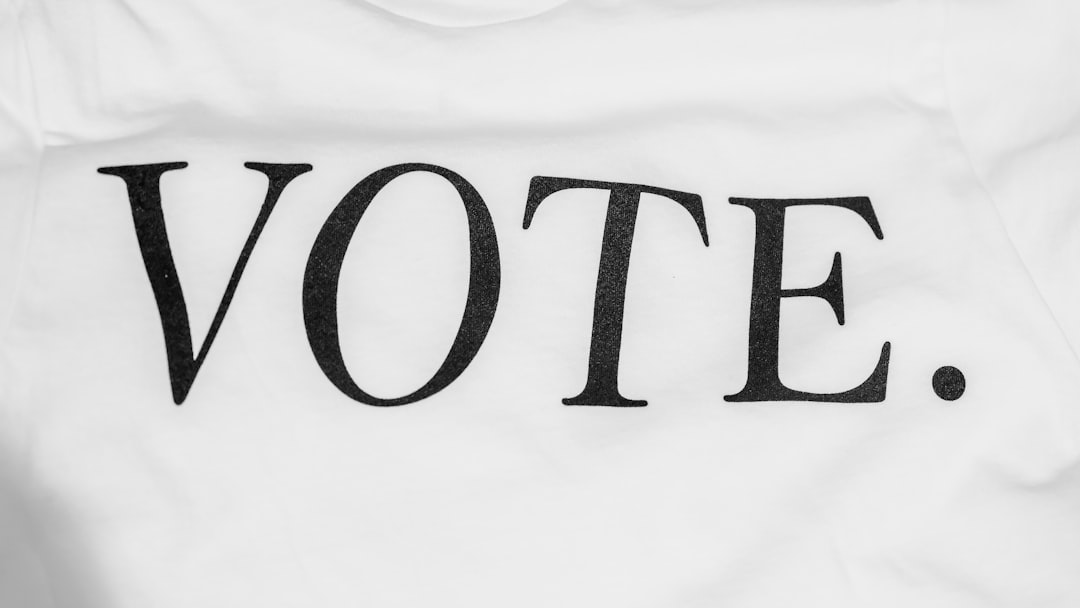What is it about?
When people learn that a close friend has engaged in wrongdoing at work, they can either snitch on their friend (disloyal), or not snitch on them (loyal). In this paper, we explore how people view the morality, loyalty, friendship potential, and leadership potential of an individual who snitches (vs. does not snitch) on their close friend's wrongdoing. We find that when someone decides to snitch on their close friend, they are seen as more moral and as a better leader, but as less loyal and as a worse friend compared to someone who does not snitch. We also find no differences between the morality and leadership potential of someone who snitches on a close friend compared to an employee that they don't know very well, suggesting that people think the right thing to do is to snitch even in these cases where snitching violates what is loyal.
Featured Image

Photo by Cytonn Photography on Unsplash
Why is it important?
Loyalty has long been considered an important part of what it means to be a moral person, but in cases where one's loyalty enables wrongdoing, what is loyal is no longer considered moral by third-party observers.
Perspectives
We hope that these results challenge how people think about the relationship between what is loyal and what is moral.
Zachariah Berry
Cornell University
Read the Original
This page is a summary of: Moral paragons, but crummy friends: The case of snitching., Journal of Experimental Psychology Applied, October 2023, American Psychological Association (APA),
DOI: 10.1037/xap0000501.
You can read the full text:
Contributors
The following have contributed to this page










